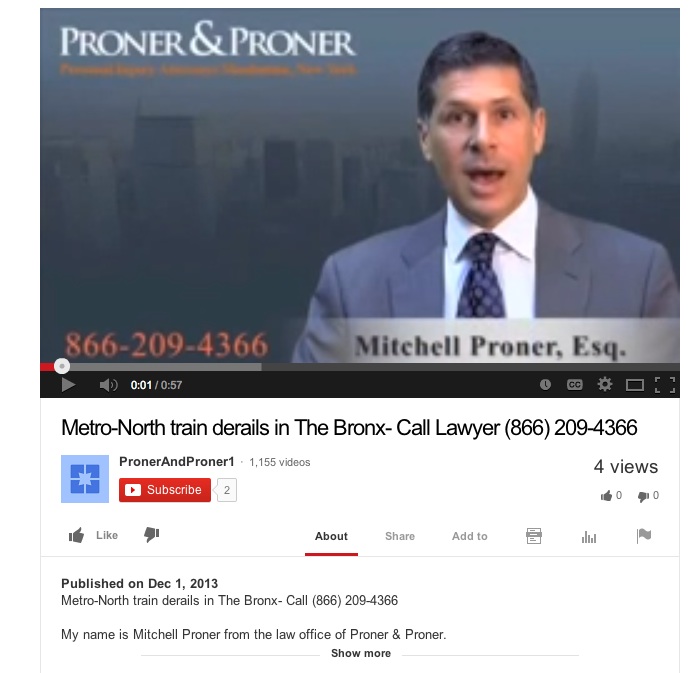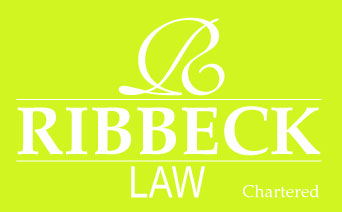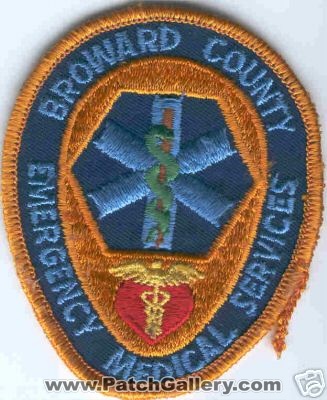Well, that didn’t take long. As I sit here pecking away at the keyboard, firefighters and search teams are swamping the site of a huge gas explosion in Harlem that took down two buildings, killed at least two, and injured many others.
The explosion took place at 9:30. The first attorney ad went up on Twitter within hours. The winner in the race to the bottom? [Updated, name deleted.) You can see a screen shot of his Twitter feed here to the right [deleted].
And if you can’t read the graphic, here it is in all it’s ugly glory, via his Twitter feed, @NY_InjuryLawyer:
Were you or someone that you know injured in the #eastharlem explosion? Contact [deleted] at 1-800-[deleted]. #harlem #explosion #nyc
(Update, 3/13/14: The firm has now deleted it from Twitter…see below for explanation.)
As regular readers all know, New York has a 30-day anti-solicitation rule in our Rules of Professional Conduct. It goes like this:
Rule 4.5(a) In the event of a specific incident involving potential claims for personal injury or wrongful death, no unsolicited communication shall be made to an individual injured in the incident or to a family member or legal representative of such an individual, by a lawyer or law firm, or by any associate, agent, employee or other representative of a lawyer or law firm representing actual or potential defendants or entities that may defend and/or indemnify said defendants, before the 30th day after the date of the incident, unless a filing must be made within 30 days of the incident as a legal prerequisite to the particular claim, in which case no unsolicited communication shall be made before the 15th day after the date of the incident.
The last time I wrote about this was December 2, 2013, when Proner and Proner were running ads after a train derailment in the Bronx.
And at the risk of repeating myself, yes, this is a solicitation within the meaning of the Code because it is targeted to a specific group of people:
Rule 7.3(b) For purposes of this Rule, “solicitation” means any advertisement initiated by or on behalf of a lawyer or law firm that is directed to, or targeted at, a specific recipient or group of recipients, or their family members or legal representatives, the primary purpose of which is the retention of the lawyer or law firm, and a significant motive for which is pecuniary gain. It does not include a proposal or other writing prepared and delivered in response to a specific request of a prospective client.
What I found interesting was that, in the weeks after that accident, I spoke at a seminar on the subject of attorney ethics and solicitation. Incredibly, there was someone there trying to defend the practice of violating an explicit rule on solicitation. His rationale? That there existed some type of generalized duty of lawyers to inform the public of their legal rights.
Let’s be clear on this. Soliciting within 30 days seems to be a pretty clear violation. I can’t foresee anyone being able to lawyer their way around it if called on the carpet by the disciplinary committee.
The only real question is whether the disciplinary committees will turn a blind eye to what is going on.
Update, 3/13/14: I received a call from a very distressed support person for the lawyer — she is in charge of the social media for the firm and is the one that did the tweet. She told me that she posted the tweet without having it reviewed by her boss, which was her mistake.
I told her that the mistake was not hers, but the lawyer’s, for outsourcing his marketing to a non-lawyer who didn’t know the Code of Professional Conduct, and noted the formula: outsource your marketing = outsource your ethics.
She corrected me, and noted that she was supposed to get approval. Thus, the fault lies with her.
A couple of things worth mentioning. First, I always give brownie points for people that ‘fess up when they’ve made an error. I wish our politicians would do the same.
Second, there were no threats of any kind. It was, in all respects, a very polite request made by phone. She had the voice (and integrity) of the type of person a lawyer would want as a support person.
Finally, I’ve elected to delete the lawyer’s name from the text, and pulled it off the category heading. It is still on the graphic [edit: changed my mind, now that is gone also], but graphics aren’t searchable by Google.
So it now stands as another example of the risks of social media, as well as an excellent example of how to cure a foul up. This morning the firm had lemons. Now it has lemonade.
hat tip: Andy Barovick


